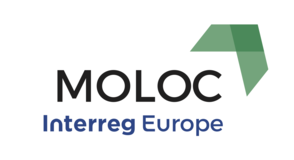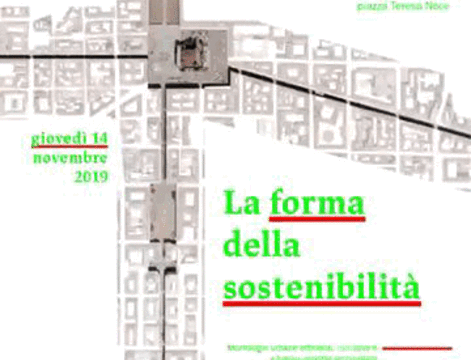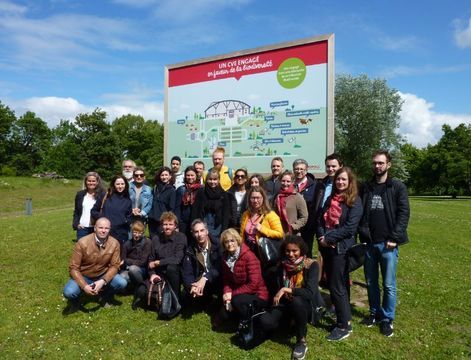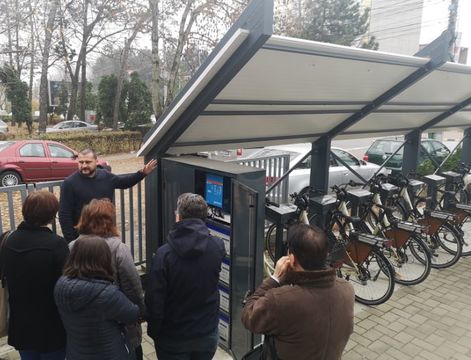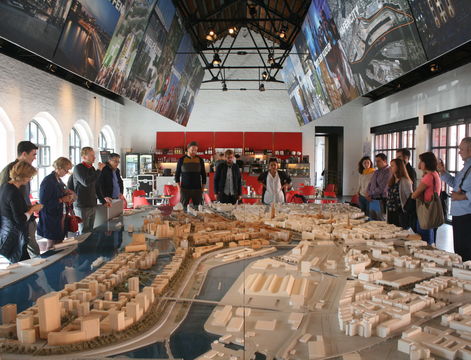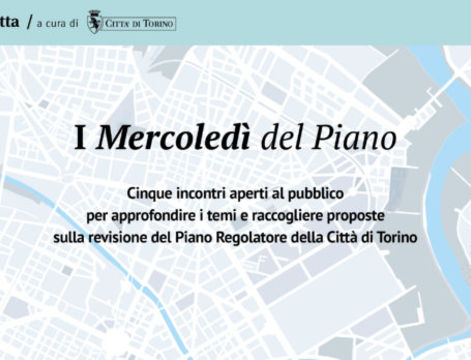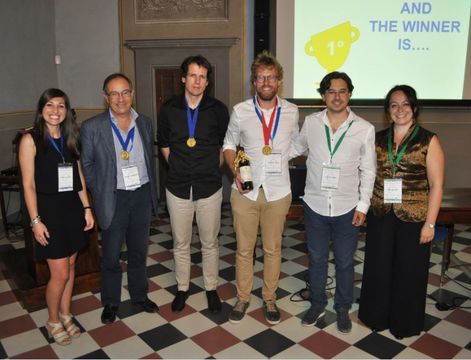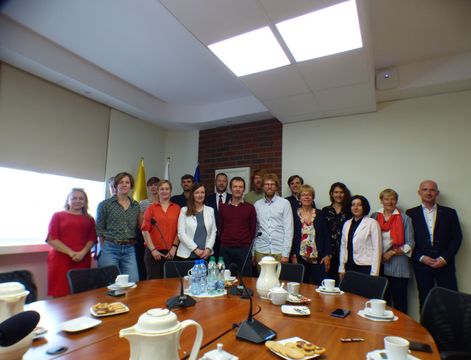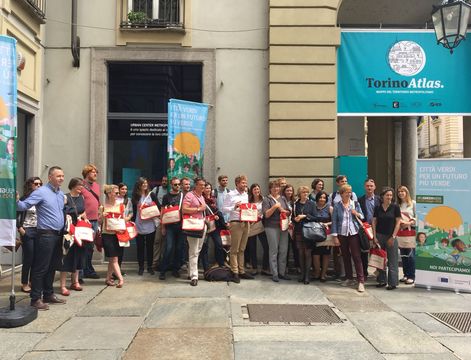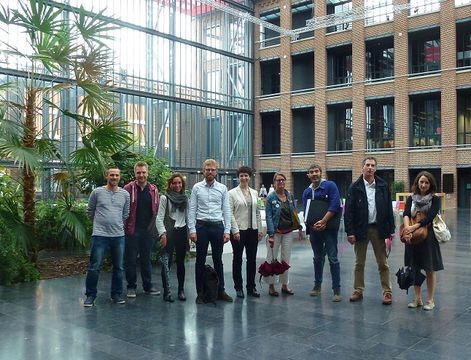On March 13th - 15th, the six partners of the MOLOC met for the first time to kick-off the project in Lille, France .
50 participants including the project partners, members of the City of Lille and representatives of Lille's local stakeholder group joined the official launch on the first meeting in the City Hall. A round table with all project partners enabled the participants to get an insight into current initiatives in partners' cities to reduce CO2 emissions. Lille emphasized its efforts to develop renewable neighborhoods; Hamburg presented the renovation of the Harbor Hanse City; Suceava explained its electric vehicle project; Katowice underlined its actions plans on renewables energies. Energy Cities emphasized the global context in which low carbon strategies are being developed.


Two study tours showed to the participants a selection of urban projects that contribute to building a low carbon city in Lille. A first tour focused on the eco-neighborhood "Rives de la Haute Deûle" which uses the water constraint as a vector for ecological management of the urban project. The participants visited the Sustainable Housing Center which allows individual building owners to benefit from tailored advices and guidance for funding for their ecological renovation project. The second tour focused on the Jean-Baptiste Lebas urban park, built on a former parking lot and the extension of the business district project "Euralille" towards the renovation of the "Porte de Valenciennes" area and finally the "Pépinière" project, whic pays particular to its landscape integration.

On the second day, Energy Cities coordinated a workshop. All partners presented one aspect of the low carbon city (LCC) that is being developed in the city: multilevel governance in Katowice; local policy instruments in Turin; local stakeholders involvement in Suceava; citizens involvement in Hamburg; internal organisation in Lille. A few group sessions were organise to brainstorm on the definition of LCC, its indicators, its main challenges. The workshop finished on the "worst practice session" where all cities selected failures in their cities and how to overcome them in the future.

MOLOC enters now in its first phase: the six cities will organise their first stakeholder meeting before the summer. All cities will decide its priorities to work on and a common work on the definition of the low carbon city is coordinated by Energy Cities. The MOLOC partners will then meet in September in Romania to share their first findings.
